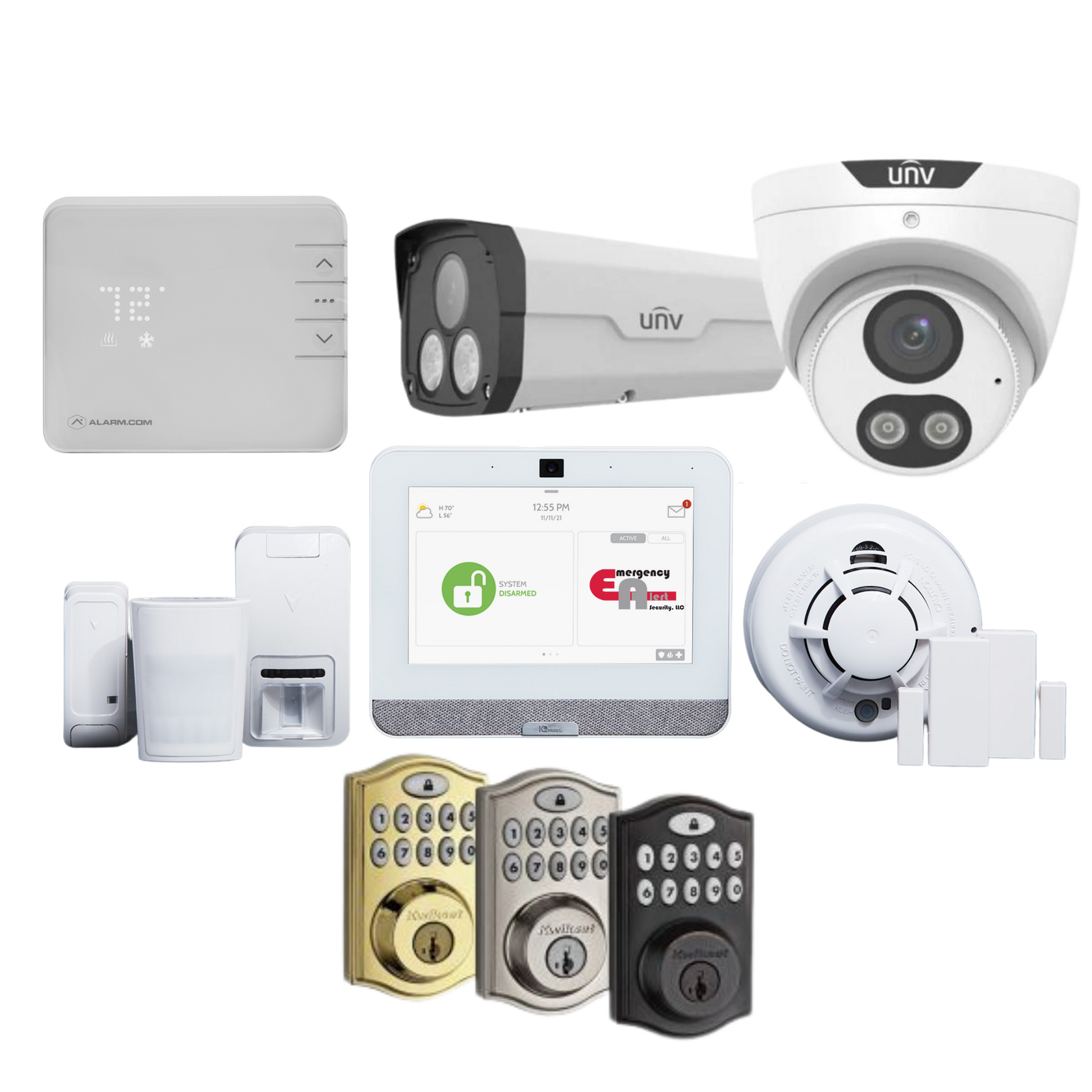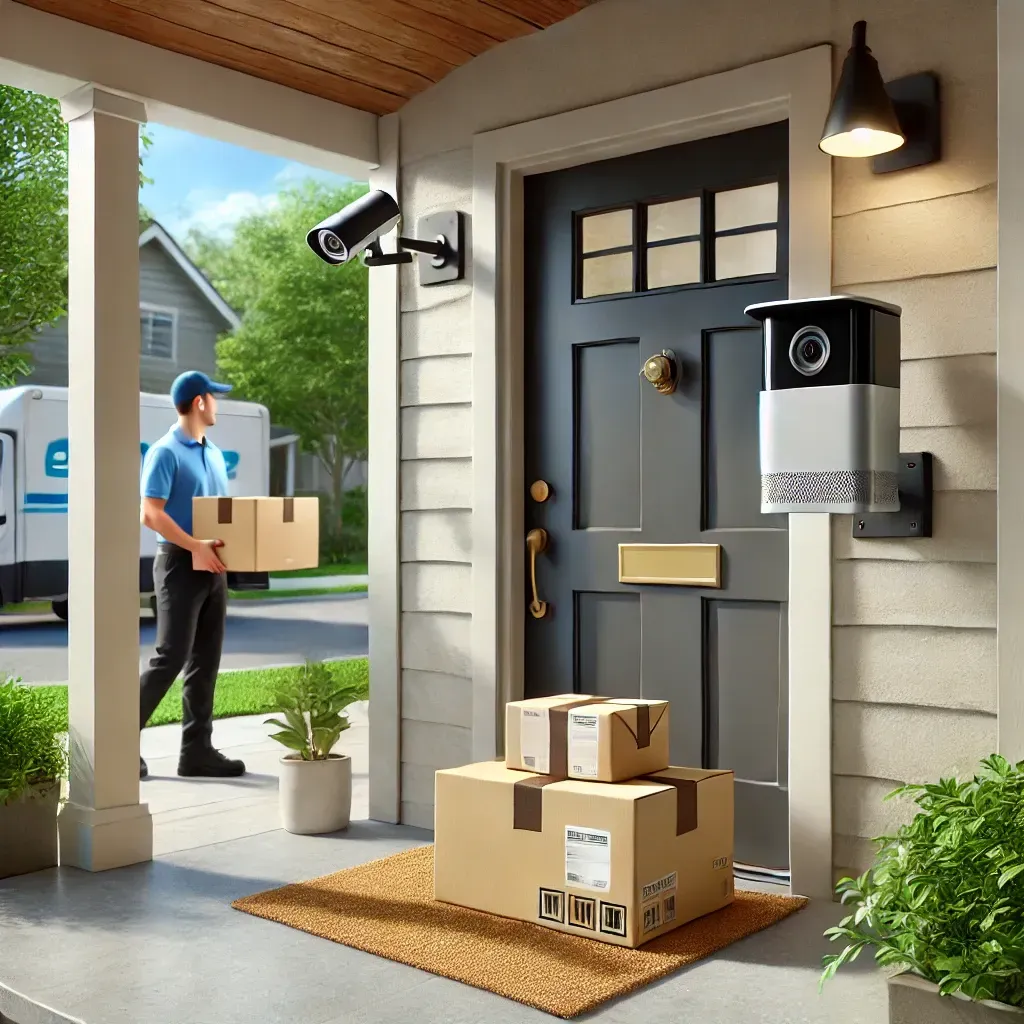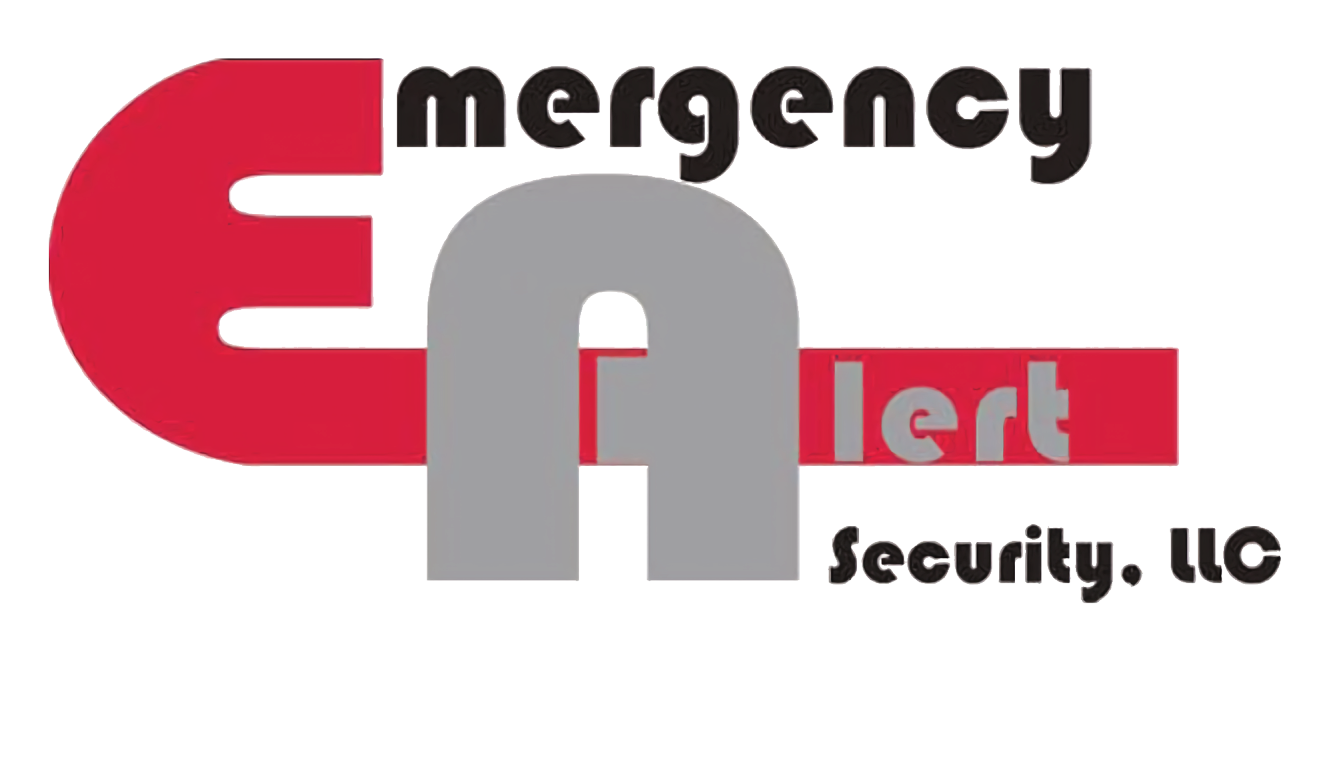Upgrading Your Alarm System to Cellular: A Smart Move?
Many homeowners are considering upgrading their alarm systems to cellular, as it offers a more reliable and secure option for home security. With the rise of smart home technology and the increasing prevalence of home automation, cellular alarm systems have become more accessible and affordable than ever before. However, some homeowners may still be hesitant to make the switch, wondering if it is truly worth the investment.

One of the main benefits of upgrading to a cellular alarm system is that it eliminates the need for a landline connection. Traditional alarm systems rely on landlines to communicate with the monitoring center, which can be vulnerable to tampering or disruption. Cellular alarm systems, on the other hand, use wireless technology to transmit signals, making them much more difficult to hack or interfere with. This added level of security can give homeowners peace of mind knowing that their home is protected around the clock.
Another advantage of cellular alarm systems is that they offer more flexibility and control over home security. With features like remote access and mobile alerts, homeowners can monitor their home from anywhere in the world and receive real-time notifications if there is any suspicious activity. This can be especially useful for those who travel frequently or have multiple properties to manage. Overall, upgrading to a cellular alarm system can be a smart investment for homeowners looking to enhance their home security and protect their property.
Benefits of Upgrading to Cellular
Enhanced Reliability
One of the main benefits of upgrading to a cellular alarm system is enhanced reliability. Unlike traditional landline-based systems, cellular systems use wireless networks to communicate with the monitoring center. This means that they are not affected by power outages or phone line disruptions, which can render landline-based systems useless.
Cellular alarm systems are also less vulnerable to tampering and hacking, as they use encrypted signals that are difficult to intercept or manipulate. This makes them a more secure option for homeowners who want to protect their property and loved ones.
No Landline Required
Another advantage of cellular alarm systems is that they do not require a landline connection. This can be a significant cost-saving measure, as homeowners can avoid paying for a separate phone line just for their alarm system. It also means that they do not have to worry about the inconvenience of having to install and maintain a landline connection.
Remote Monitoring Capabilities
Cellular alarm systems also offer remote monitoring capabilities, which allow homeowners to monitor their property from anywhere, at any time. This can be especially useful for people who travel frequently, or for those who have second homes or rental properties. With remote monitoring, homeowners can receive alerts and notifications on their mobile devices, and even view live video feeds from their security cameras.
Overall, upgrading to a cellular alarm system can offer many benefits, including enhanced reliability, cost savings, and remote monitoring capabilities. By choosing a reputable provider and following best practices for installation and maintenance, homeowners can enjoy peace of mind knowing that their property is well-protected.
Considerations Before Upgrading
Compatibility with Existing Systems
Before upgrading to a cellular alarm system, it is important to consider the compatibility with existing systems. If the current alarm system uses a landline, upgrading to cellular may require additional equipment and installation. It is important to consult with a professional to ensure that the new cellular system can integrate with the existing system seamlessly.
Cost Implications
Upgrading to a cellular alarm system may come with additional costs. This includes the cost of the equipment, installation, and monthly service fees. It is important to compare the costs of upgrading to a cellular system with the benefits it provides. It is also important to consider the potential cost savings from not having to maintain a landline.
Cellular Signal Strength Requirements
A reliable cellular signal is necessary for a cellular alarm system to function properly. Before upgrading, it is important to ensure that there is adequate cellular signal strength in the area. Factors such as the proximity of cell towers and building materials can affect signal strength. A professional can help determine if the area has adequate cellular signal strength for a cellular alarm system.
Overall, upgrading to a cellular alarm system can provide added security and convenience. However, it is important to consider the compatibility with existing systems, cost implications, and cellular signal strength requirements before making a decision.
Understanding Cellular Alarm Technology
How Cellular Alarms Work
Cellular alarm systems use cellular technology to transmit signals between the alarm system and the monitoring center. The system uses a cellular network to communicate with the monitoring center, which means that it doesn't rely on a landline or internet connection. This makes it more reliable and secure than traditional alarm systems.
When an alarm is triggered, the cellular alarm system sends a signal to the monitoring center. The monitoring center then contacts the homeowner to verify the alarm and take appropriate action if necessary. The cellular alarm system can also send alerts to the homeowner's smartphone or other device, so they can be notified of any activity in their home.
Comparison with Traditional Systems
Traditional alarm systems rely on a landline or internet connection to communicate with the monitoring center. This means that they can be vulnerable to power outages, internet outages, and other disruptions. Cellular alarm systems, on the other hand, are not affected by these issues, making them more reliable and secure.
Cellular alarm systems also offer faster response times than traditional systems. Since the system uses a cellular network, the signal is transmitted almost instantly to the monitoring center. This means that the monitoring center can respond quickly in the event of an emergency.
Overall, cellular alarm systems offer a more secure and reliable option for home security. They are not affected by power outages or internet disruptions, and they offer faster response times than traditional systems.
Installation and Maintenance
Professional vs. DIY Installation
When it comes to installing a cellular alarm system, homeowners have the option of hiring a professional installer or doing it themselves. While a DIY installation may seem like a cost-effective option, it is important to consider the complexity of the installation process. A professional installer has the expertise to ensure that the system is installed correctly and functioning properly. They can also provide guidance on the best placement of sensors and cameras to maximize the system's effectiveness. On the other hand, a DIY installation may require more time and effort, and there is a risk of not installing the system correctly, which could compromise the security of the home.
Ongoing Maintenance Needs
Once a cellular alarm system is installed, it is important to keep up with regular maintenance to ensure that it continues to function properly. This includes checking the batteries in the sensors and cameras, testing the system regularly, and keeping the system updated with the latest software. Homeowners can choose to perform these maintenance tasks themselves or hire a professional to do it for them. It is important to note that neglecting regular maintenance can lead to false alarms, malfunctioning equipment, and reduced effectiveness of the system.
Overall, whether to opt for professional or DIY installation and maintenance of a cellular alarm system depends on the homeowner's level of expertise and willingness to invest time and effort. Regardless of the choice, it is important to prioritize the security of the home and ensure that the system is functioning properly at all times.
Future-Proofing Your Home Security
Adapting to Technological Advances
As technology continues to advance, it's important to ensure that your home security system can keep up. Upgrading to a cellular alarm system is one way to future-proof your home security. With a cellular system, you won't have to worry about your alarm being disabled by a power outage or cut phone line. Cellular systems also allow for remote access and control, so you can monitor your home from anywhere using your smartphone or computer.
Another technological advance to consider is the integration of smart home devices with your alarm system. Smart home devices such as door locks, cameras, and motion sensors can all be integrated with your cellular alarm system, providing an added layer of security and convenience. For example, you can receive alerts on your phone when someone enters your home or when a door is left unlocked.
Long-Term Cost Savings
While upgrading to a cellular alarm system may require an initial investment, it can save you money in the long run. With a cellular system, you won't have to pay for a landline phone service or worry about the cost of repairing a cut phone line. Additionally, cellular systems are often more energy-efficient than traditional alarm systems, which can save you money on your utility bills.
Another cost-saving benefit of future-proofing your home security is the potential to receive discounts on your homeowner's insurance. Many insurance companies offer discounts for homes with advanced security systems, which can help offset the cost of upgrading.
By future-proofing your home security with a cellular alarm system and integrating smart home devices, you can ensure that your home is protected against current and future threats. Not only will you have peace of mind knowing that your home is secure, but you may also save money in the long run.
Decision Making
Assessing Your Security Needs
Before making a decision to upgrade to a cellular alarm system, it is important to assess your security needs. Consider the level of security you require and the potential risks you face. Do you live in an area with high crime rates? Do you have valuable assets that need to be protected? Do you travel frequently and need to monitor your property remotely?
Assessing your security needs will help you determine whether a cellular alarm system is the right choice for you. If you require a high level of security and need to monitor your property remotely, a cellular alarm system may be the best option.
Evaluating Provider Options
When considering a cellular alarm system, it is important to evaluate provider options. Look for a reputable provider like Emergency Alert Security who has a proven track record of providing reliable and effective security solutions. Consider the provider's customer service, response times, and the quality of their equipment.
It is also important to compare prices and features of different providers to ensure you are getting the best value for your money. Look for providers that offer flexible and customizable packages to meet your specific security needs.
By carefully evaluating provider options, you can ensure that you choose a reliable and effective cellular alarm system that meets your security needs.




